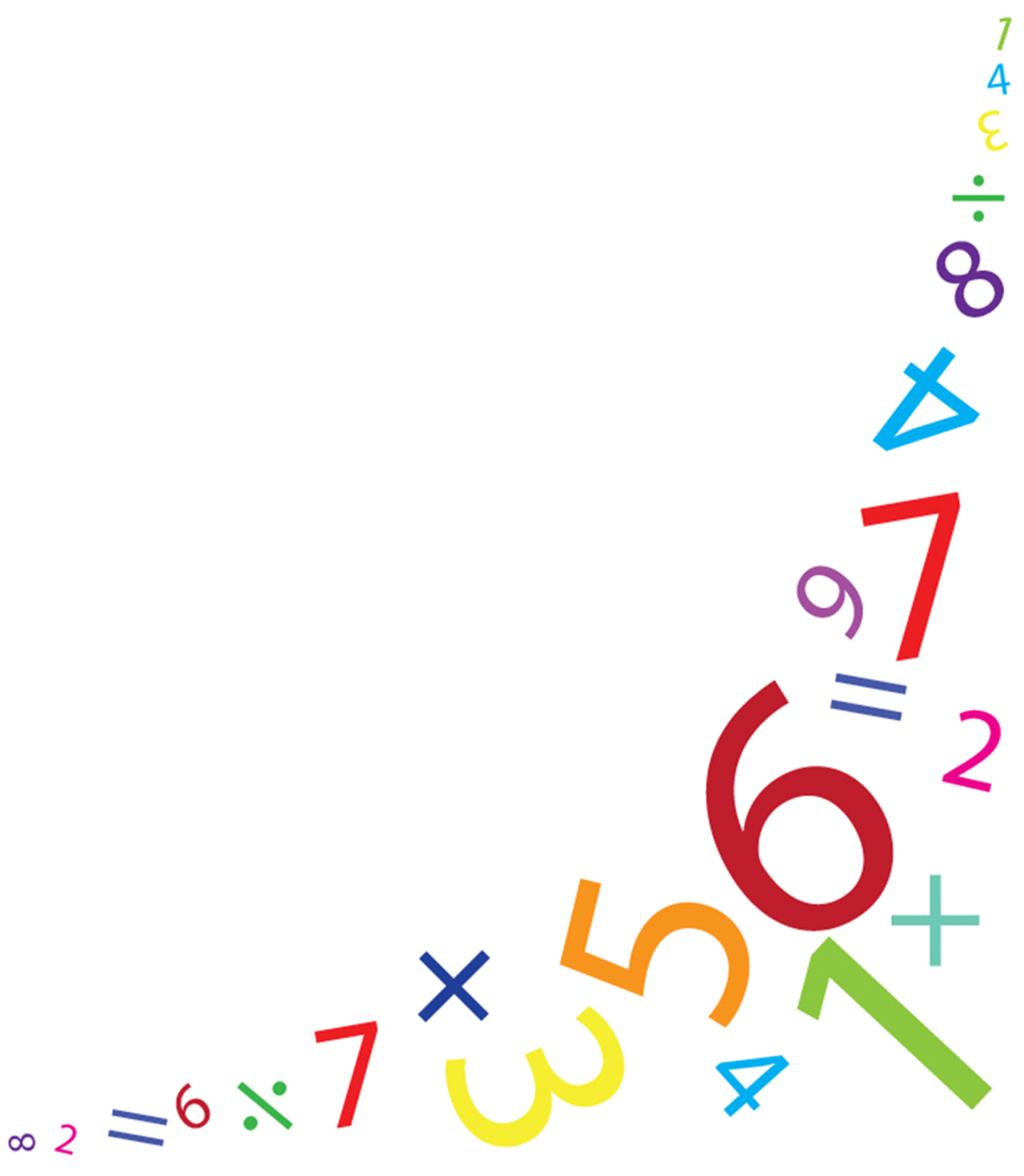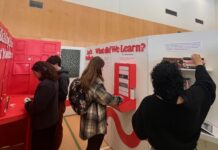As far as mathematics goes in the Waterloo Region District School Board, the percentage of students at or above the provincial standard is lagging behind the provincial average for both grades three and six.
According to the Education Quality and Accountability Office (EQAO), 13 per cent of schools in the region had 75 per cent or more of third grade students achieve the provincial standard of level three or above in mathematics in 2016-2017. Under the same criteria, this compares to 24 per cent of schools in Ontario.
By contrast, only five per cent of schools in the region had 75 per cent or more sixth graders reach the mathematics provincial standard level compared to eight per cent in the entire province.
As such, some believe that there is cause for concern as it becomes increasingly apparent that math grades achieved in third grade have not been replicated in sixth grade.
Instead, an annual decrease in numbers have been observed, drawing some to the conclusion that there may be a knowledge gap in the three years between EQAO testing.
However, the University of Waterloo’s Director of the Centre for Education in Mathematics and Computing, Ian VanderBurgh, believes otherwise.
“I’m not 100 per cent sure there is a knowledge gap,” VanderBurgh said. “I think that EQAO can be a useful component of the education system, but I also believe that it is very much a snapshot .”
As the EQAO only measures a student’s performance on “a specific set of tasks” on a single day, VanderBurgh expressed that despite teachers’ best efforts, it is the disconnect between the content taught in class and on the tests that causes these discrepancies.
“We shouldn’t be tailoring our teaching to the test,” he said. “But rather, testing what we teach.”
As a parent himself, he finds that there is a constant push to read to their children from a very young age, but there lacks the same kind of encouragement towards math.

“Given the technologically driven society that we have now, numeracy is as important [as literacy],” VanderBurgh added, suggesting that all parties involved in education should unite to identify the priorities in math education.
“We shouldn’t be tailoring our teaching to the test, but rather testing what we teach. I don’t think education is broken,” he said. “Can we do better? Definitely.”






























